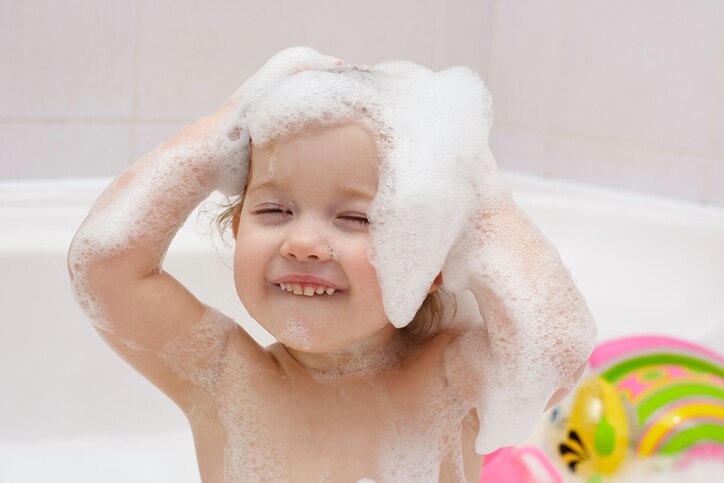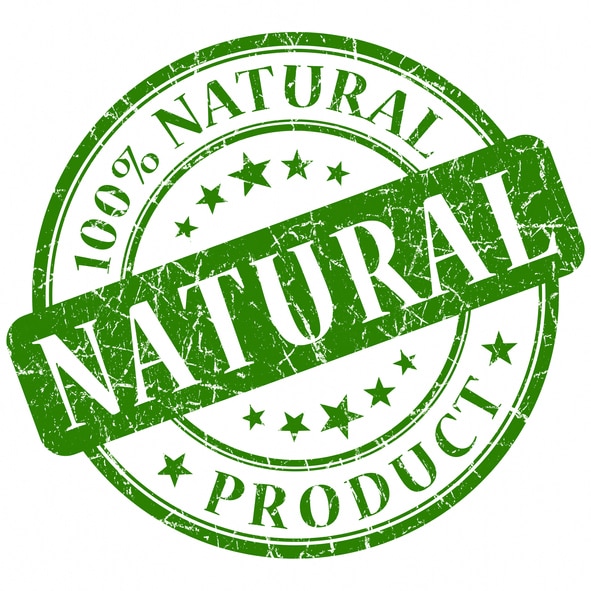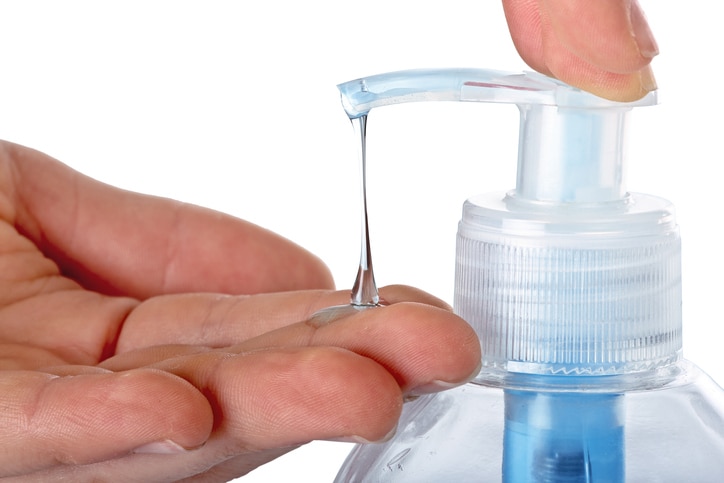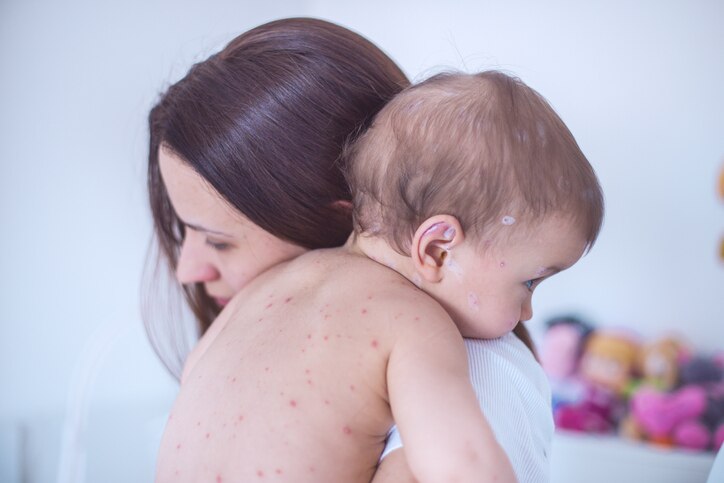Parents who are newbies may be nervous about how to choose a baby body wash. Baby’s skin is thinner and more sensitive than adults. Only using water bathe a baby cannot remove residues effectively from the body. This will also damage the protective skin barrier indirectly. Here is the ultimate guide for picking the best baby body wash.

(1) Mild
Baby’s skin is slightly acidic. Pediatricians recommend choosing the mild and hydrating body wash for babies. pH value should be between 4 and 7. Avoid using an alkaline baby body wash that will strip away natural oils and will lead to dry skin. Baby body washes are usually combined with shampoo. Baby’s lacrimal gland is still young and immature. They are difficult to secrete tears to protect their eyes. You are better to choose the baby body wash with tear-free formula.

(2) Hypoallergenic and Soap-free
Parents are better to choose the baby body wash that is made of natural and non-toxic ingredients. Baby’s liver and kidneys are still developing. They cannot remove toxins by themselves. Avoid using body wash containing SLS (Sodium Lauryl Sulfate) and SLES (Sodium Laureth Sulfate). These chemicals may lead to skin irritation. Body washes with a “hypoallergenic” label mean these products are gentle on baby’s skin.

(3) No Artificial Colours, Alcohol-free and Fragrance-free
Pediatricians point out that baby’s skin development is not completed. Parents should avoid using baby body wash containing artificial colours, alcohol and fragrances which may lead to skin irritation or respiratory allergy. There are many baby body wash with scents for better sleep in the market. You can do a patch test for your baby first.

(4) Paraben-free, Dioxane-free and Formaldehyde-free
Parents should be aware of the ingredients and product labels of baby body wash. You should avoid using the baby body wash containing parabens, dioxane and formaldehyde. MIT (Methylisothiazolinone) and CMIT (Methylchloroisothiazolinone) are common preservatives that can be found in the body washes. Continuous using may cause dry skin and skin allergies, such as redness, rash, itching or eczema.







